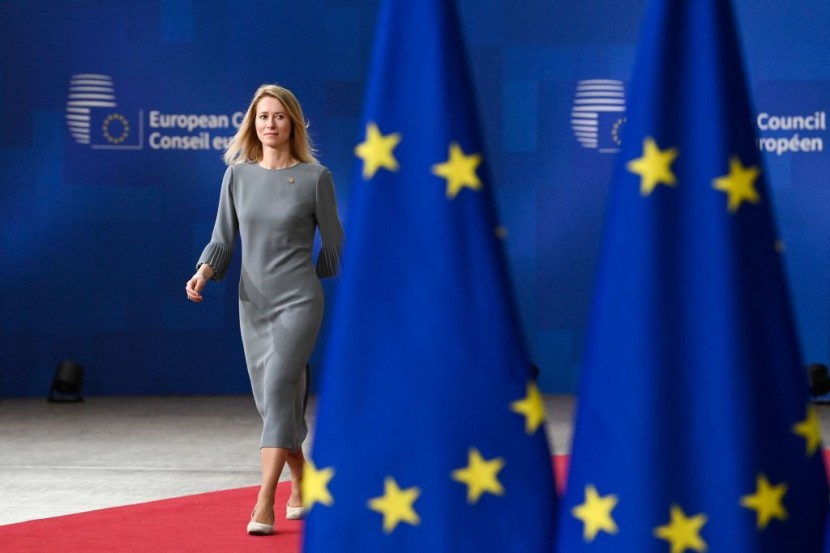
Estonian Prime Minister Kaja Kallas' Reform Party is set to win the country's parliamentary elections and has committed to supporting Ukraine against Russia's continued aggression.
With roughly 99% of the ballots counted, the Reform Party takes 31.5%, while the far-right EKRE party is in second place with 16.1%. The situation reflects concerns among some Estonian voters over the rising cost of living following Russia's invasion of Ukraine.
Estonian General Elections
If the 45-year-old prime minister's party successfully crafts a functioning coalition, it would cement Estonia's pro-European stance. The Baltic nation, a western neighbor of Russia with a population of roughly 1.3 million, is set to stay on course to adopt more green energy and continue accepting Ukrainian refugees fleeing chaotic situations at home.
The prime minister added that the election had left her party in a strong position to form a coalition government that would continuously pressure Russia over its war against Ukraine. In a statement, Kallas said that Estonia has to invest in its security due to its aggressive neighbor, as per Reuters.
In 2019, the Reform Party won an election but was prevented from gaining power as three smaller parties formed a government. The coalition then collapsed in 2021, allowing Kallas to create one and take charge.
Throughout EKRE's campaign, officials promised to slash energy bills by opposing the transition to green energy and stopping accepting new Ukrainian war refugees. Furthermore, the party criticized the extent of the prime minister's policy of providing Ukraine with weapons to fight against Russia, arguing that she needed to take into account Estonia's own needs.
The recent vote's turnout was 63.7%, which was in line with the previous election and had more than half, 51%, of votes being cast by internet. All in all, nine political parties fought for Estonia's 101-seat parliament, also known as Riigikogu.
Read Also : Russia-Ukraine War Update
Prime Minister Kaja Kallas
More than 900,000 people were eligible to vote in the general election, with more than half choosing to vote in advance. According to the Associated Press, Kallas said that the results would give her party a strong mandate to put together a good government.
Preliminary results of the elections suggested that six parties passed the 5% threshold for support needed in parliament. These include newcome Eesti 200, which is a liberal centrist party.
The initial results of the general election also mean that Kallas' Reform Party has been placed in an advantageous position to lead in forming the country's next government. The support translates to 37 seats in the legislature, but the party would still need junior partners to form a coalition with a comfortable majority to govern the people.
Despite massive support and favorable opinion polls casting her as the favorite, Kallas is not certain to lead the government because some are concerned whether or not she can maintain her alliance with the Social Democrats and the conservative Ismaa (Fatherland) party, said DW News.
Related Article : India's Take on Saudi Arabia's Presence at G20 Summit








